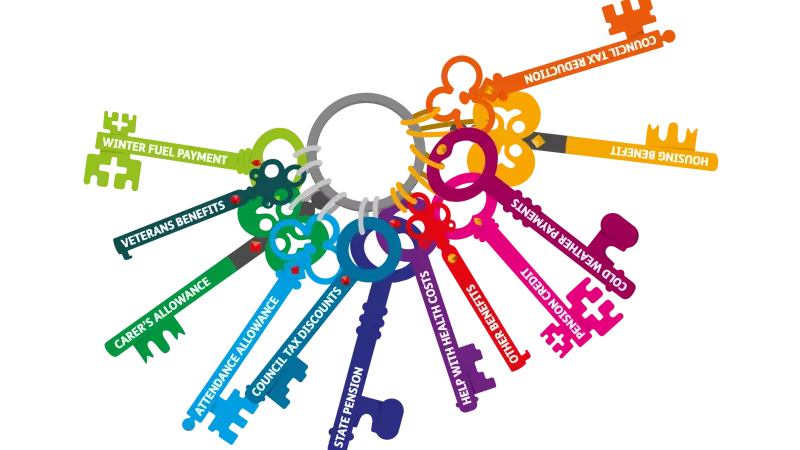Is a cashless society leaving older people behind?
Face mask – check. Hand sanitiser and disposable gloves– check. And don’t forget to follow the one-way system and number restrictions in store.
The way we shop has changed considerably over the last few months.
That’s if we’re still going to physical shops of course, instead of joining the masses now ordering online.
Another big change has been the drive to contactless payments. Cash use was already dwindling on our high streets, and the Covid-19 pandemic has accelerated this trend.
“Contactless preferred” has started to appear on numerous shops, cafes and restaurants as they have gradually reopened. With the limit increased from £30 to £45, it’s never been easier to tap and pay.
Many popular restaurant chains are even pushing customers to order via an app from the safety of their table. Pull a creased tenner out of your wallet and it is likely to be viewed with suspicion as a potential health hazard. In fact, many businesses are now declining to accept cash payments at all.
According to research by UK Finance, our high streets are likely to become virtually cash-free in the next five years.
This might suit many people who enjoy the convenience of contactless payments and online banking. But one fifth of British consumers are still mainly reliant on cash in their daily lives – and a high proportion of these are in the older age group.
While more and more older people are embracing technology, those who still rely on cash are more likely to be older, poorer and more vulnerable. Older people represent the largest group of adults in the UK who don’t have access to a bank account at all.
There are many other reasons people might prefer to use cash. Many who are living on a fixed income such as the basic state pension find that it’s an easy way to manage their budget.
For those shielding at home, giving a neighbour £20 to pick up their groceries is a relatively safe and convenient option. They should never hand over their bank card to someone, however familiar, but it is a position many older people were faced with in the early weeks and months of lockdown.
It’s vital that we protect every person’s access to their money and ability to spend it. And too many older people been struggling during the pandemic. This is especially true if they are living with a health condition or disability, or live in a rural area.
Banks and post offices have restricted their opening hours, with many discouraging customers from visiting a branch. They are pushing people to contact them or do their banking online, leaving behind the half million over-60s in Scotland who don’t use the internet.
Of course, many banks have been doing their bit to reach out to their more vulnerable customers. Creative solutions include setting up helplines, sending cash through the post, and making it easier for a relative or friend to get cash on an older person’s behalf.
Age Scotland has already been campaigning on behalf of members to protect access to cash and the bank branch network throughout Scotland.
We’ve urged banks to think innovatively and consider options such as accessible mobile branches or shared banking hubs instead of closing altogether. Large numbers of communities across the country may soon be faced with the last branch in town locking its door one last time, limiting consumer choice and making it harder for those who really need them have the necessary control of their financial affairs.
As the pandemic brings lasting changes to our High Streets, shops, banks, and other businesses shouldn’t forget about their older and more vulnerable customers.
We need to make sure everyone can access their cash and spend it safely, and no one feels excluded or left behind.
Photo by Josh Appel on Unsplash


